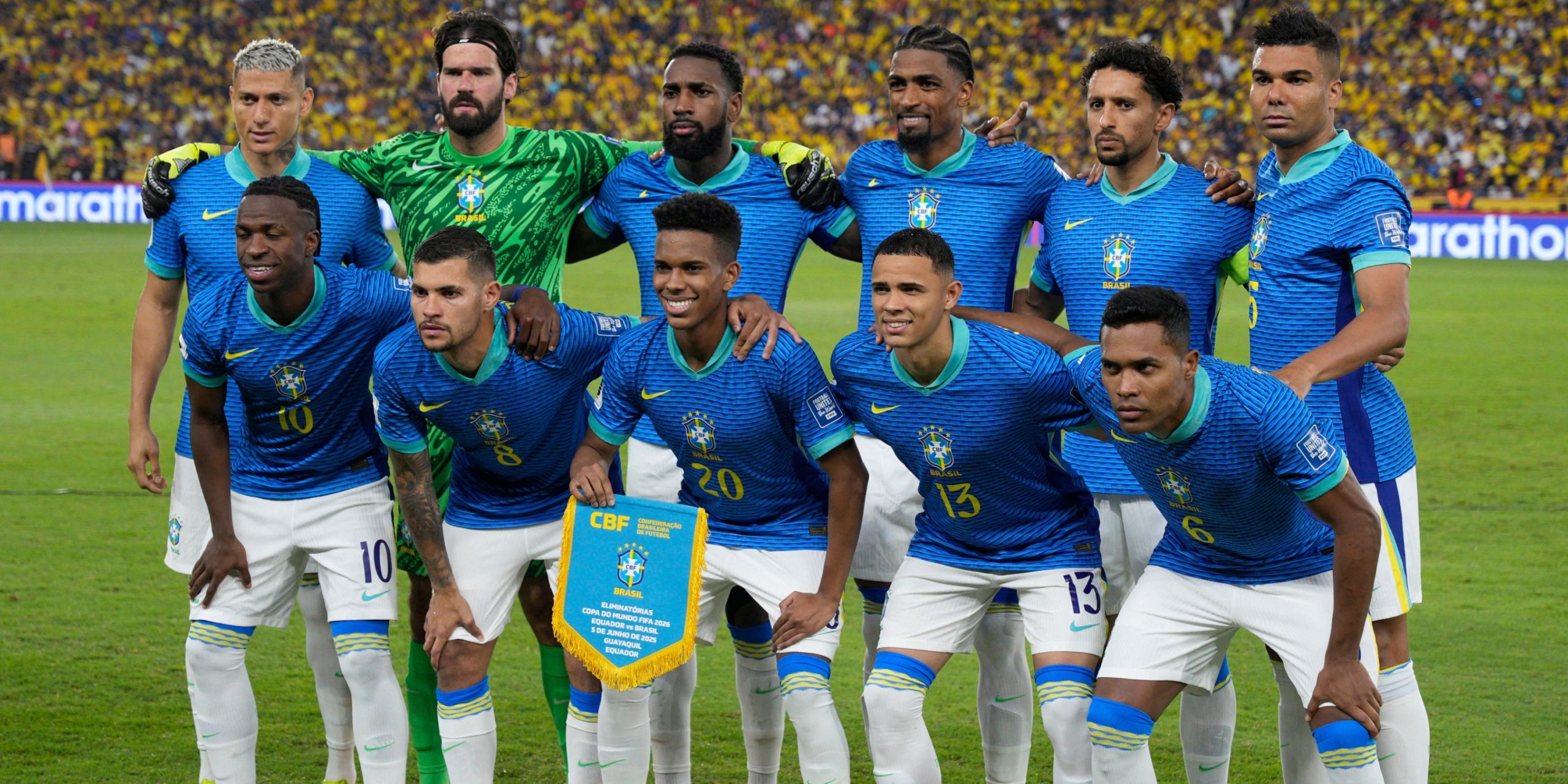The specter of Brazil’s national football team potentially competing in the 2026 World Cup without the vibrant support of their iconic fanbase looms large, a development that could fundamentally alter the tournament experience for one of football’s most beloved nations. The upcoming global showpiece, set to kick off on June 11, will be jointly hosted across Canada, the USA, and Mexico, with the five-time champions among the leading contenders from South America.
However, an unforeseen and controversial rule change, coupled with escalating geopolitical complexities, threatens to relegate passionate Brazilian supporters to watching their team from afar. This unprecedented situation stems from ongoing diplomatic tensions between the United States and Brazil, which are reportedly manifesting in potential visa issues for a significant number of travelling fans.
Brazil, more than arguably any other country, is synonymous with an unparalleled level of fanatical football support. The boisterous, carnivalesque atmosphere generated by clubs like Flamengo, Palmeiras, Botafogo, and Fluminense vividly illustrates how deeply the beautiful game is woven into the very fabric of the nation’s identity and collective spirit. The absence of this vibrant energy would be a profound blow.
Central to this potential fan ban is a reported consideration by former President Donald Trump to implement a sweeping ban on visas for Brazilian nationals. This proposed policy, if enacted, would tragically extend to and encompass the crucial period of the FIFA World Cup, directly impacting countless individuals hoping to witness their national heroes compete on the grandest stage.
Such a decision carries immense implications, not only for the Brazilian national team’s morale and performance but also for the integrity of the World Cup as a global celebration of football. The tournament prides itself on uniting diverse cultures and fanbases, and restricting access for one of its most prominent and fervent groups would undoubtedly cast a shadow over the event.
The root of these diplomatic frictions remains a subject of intense scrutiny, with observers pointing to a complex interplay of political ideologies, economic disagreements, and specific policy stances that have strained bilateral relations. Resolving these deep-seated issues before the tournament commences is paramount to ensuring a truly inclusive and globally representative sporting spectacle.
For the Brazilian football federation and its legion of supporters, the coming months will be critical. Navigating these complex international waters will require delicate diplomacy and strategic negotiations to avert a scenario where the Seleção steps onto the pitch in North America, facing not only their opponents but also the silence of a fanless stadium, a prospect almost unimaginable for a nation so entwined with its sport.
The potential imposition of a fan ban underscores how even major sporting events are not immune to the broader currents of international politics and policy decisions. The outcome of these discussions will not only determine the presence of Brazilian football fans at the 2026 World Cup but could also set a significant precedent for future global sporting championships and the interplay between sport and geopolitics.






Leave a Reply